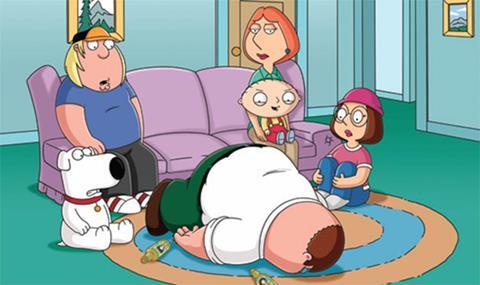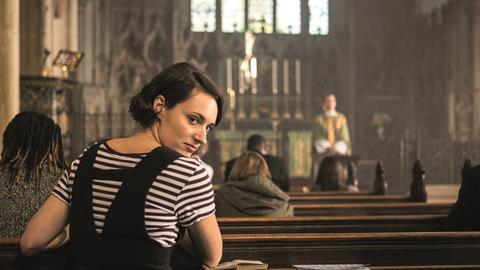Younger viewers’ habits at odds with linear resurrection
The BBC has needed a radical plan to address its rocky relationship with young viewers for quite some time, and its proposal to reinstate BBC3 as a linear channel is almost a case of back to the future.
First, the good news – more money and more focus on youngs is clearly the order of the day. Scooping up under 35s in the mass audiences delivered by EastEnders and The Apprentice is fine as part of a broader approach to serving that group, but a greater variety of targeted content is clearly required.

The corporation cited Fleabag, Normal People and Killing Eve (an acquisition) as key recent titles from the BBC3 “hit factory” and scripted would seem to be the most likely beneficiary of its new £80m budget.
The channel has a rich heritage of regular serialised drama such as Bodies, In the Flesh, The Fades and Being Human, and returning to this type of output would be a major step.
But I’m still puzzled by the desire to reinstate a traditional channel when the consensus view across the industry in recent years has been the slow but inexorable decline of linear viewing, led by the youngest demographics.
In this respect, the BBC’s Annual Plan document is slightly confusing. It reveals that “before Covid, more than 3 million 16-34s on average watched linear TV channels every week,” but were not choosing BBC TV” – ouch – but also that “we have seen a surge in reach and use of VoD that is likely to endure once the pandemic has passed. While all TV viewing is up, VoD consumption appears to be up most of all, with children and younger adults in the vanguard of change.”
So perhaps a linear BBC3 is more about visibility: showcasing that content to a wider, older audience and driving people to iPlayer. But if so, won’t BBC1 do that job more effectively? Just as is has for Normal People, which has been responsible for nearly a quarter of million iPlayer activations for young people.

Almost 44% of the linear viewers of Normal People on BBC1 have been aged over 65, while I suspect that proportion would be very different on iPlayer. In short, older people watch linear, youngsters watch online – and BBC3 is supposed to target the latter. I’m slightly stumped.
At the time of the original decision there was significant push back from the indie community, with a major, bruising campaign to save the channel led by Avalon’s Jon Thoday and Hat Trick’s Jimmy Mulville.
When Broadcast gauged industry reaction this week there was praise for the message that BBC3’s reinstatement would send to young viewers – but is the corporation in a position to pay for symbolism?
Even minor costs such as playout and continuity might be better spent on content, and only two months ago, Tony Hall was flagging to the select committee that BBC3’s linear schedule in the past was padded out by EastEnders and Family Guy repeats.
Whatever my reservations, I hope the strategy works if the corporation sees it through. It is part of a concerted effort to address arguably the corporation’s most pressing audience issue.

It will shape how the next generation feels about the BBC, and by proxy the viability of the universal licence fee model. But creating laser-focused content and securing online distribution on the platforms youngsters inhabit should not take a back seat to re-establishing a linear channel.
- Chris Curtis is editor in chief of Broadcast
































No comments yet